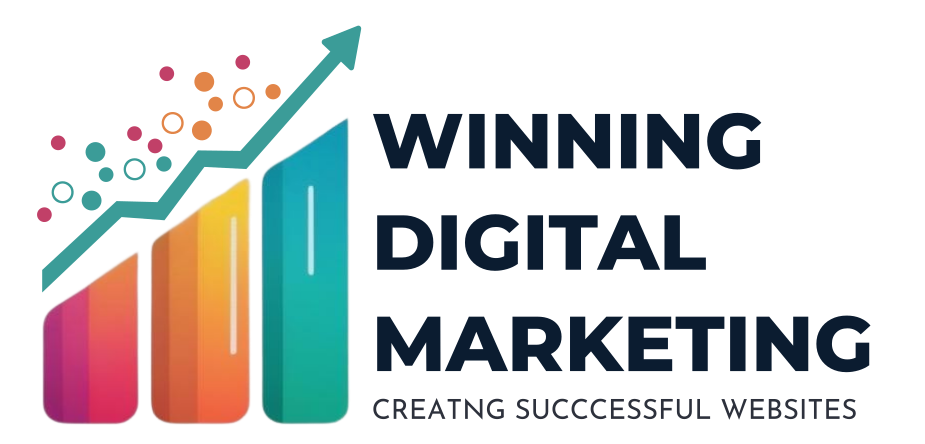Search Engine Optimization (SEO) has always been shaped by technological change, and in recent years, artificial intelligence (AI) has emerged as the most transformative force. From how search engines rank pages to how marketers craft content strategies, AI is redefining the digital landscape.
1. How AI Is Transforming Search Engines
Search engines like Google use AI-powered algorithms—such as RankBrain, BERT, and the more recent MUM—to understand user intent, context, and content relevance. These systems go beyond keyword matching, analyzing semantics, user behavior, and even the emotional tone of queries. The result is more accurate, personalized search results that reward content quality over keyword stuffing.
2. Smarter Keyword Research and Content Strategy
AI tools now help SEO specialists uncover keyword opportunities faster and with greater precision. Instead of manually sifting through lists of keywords, AI platforms analyze massive datasets, predict search trends, and recommend phrases that align with user intent. Content creators can also leverage AI for outlining, generating ideas, and optimizing readability—helping ensure that pages meet both user needs and search engine expectations.
3. Personalization and User Experience
Modern SEO isn’t just about ranking—it’s about delivering value. AI allows websites to provide personalized user experiences, adapting content, recommendations, and layouts based on visitor behavior. Since search engines increasingly measure user satisfaction (time on site, bounce rate, engagement), personalization directly supports higher rankings.
4. Voice Search and Natural Language Processing (NLP)
The rise of smart speakers and voice assistants means people are searching differently. Queries are longer, more conversational, and context-driven. Thanks to AI’s advancements in NLP, SEO strategies now need to account for natural language patterns, focusing on question-based content, local search optimization, and long-tail keywords.
5. Predictive Analytics and Automation
AI empowers SEO with predictive analytics, forecasting future trends and user behaviors. This enables brands to create content ahead of demand and gain a competitive edge. Additionally, AI-driven automation streamlines tasks like technical SEO audits, backlink analysis, and content updates—saving time and resources while improving accuracy.
6. The Challenges of AI in SEO
While AI offers new opportunities, it also introduces challenges. Over-reliance on AI-generated content can lead to generic or low-value material, which search engines may penalize. Marketers must strike a balance: using AI as a tool while ensuring that human creativity, originality, and authenticity remain central to SEO efforts.
Conclusion
Artificial intelligence has become inseparable from the future of SEO. By enhancing search engine algorithms, enabling smarter content strategies, and personalizing user experiences, AI is pushing marketers to evolve. The key takeaway? SEO is no longer just about pleasing algorithms—it’s about understanding and serving real people.

I like point of view on problems as I have had the same